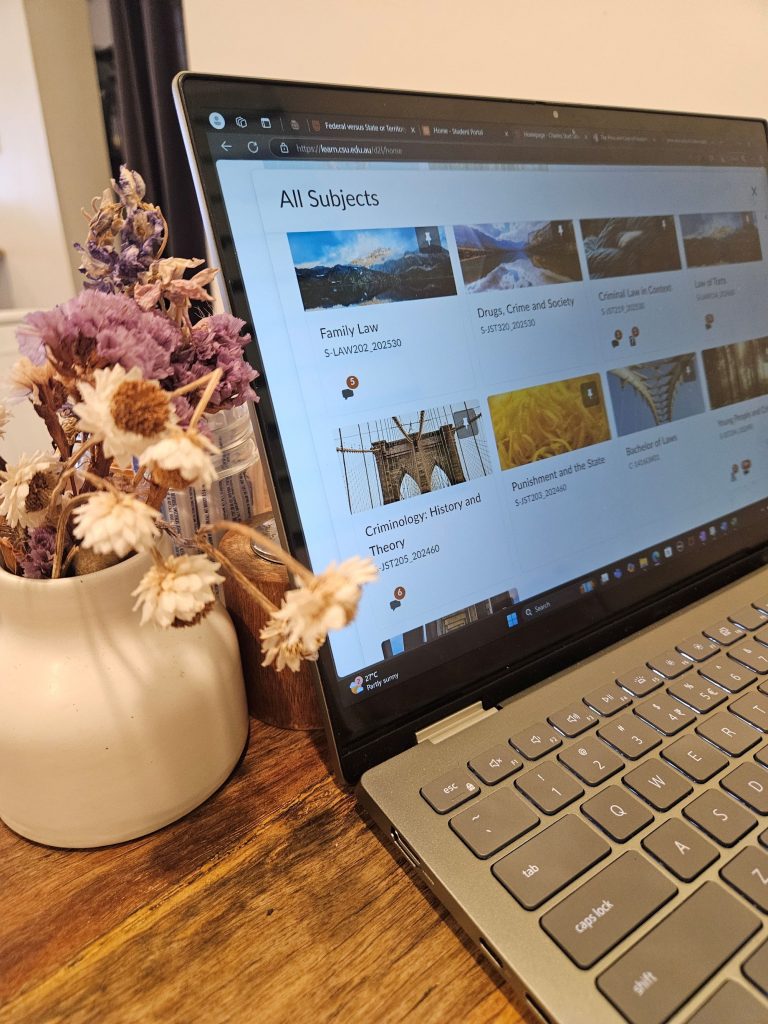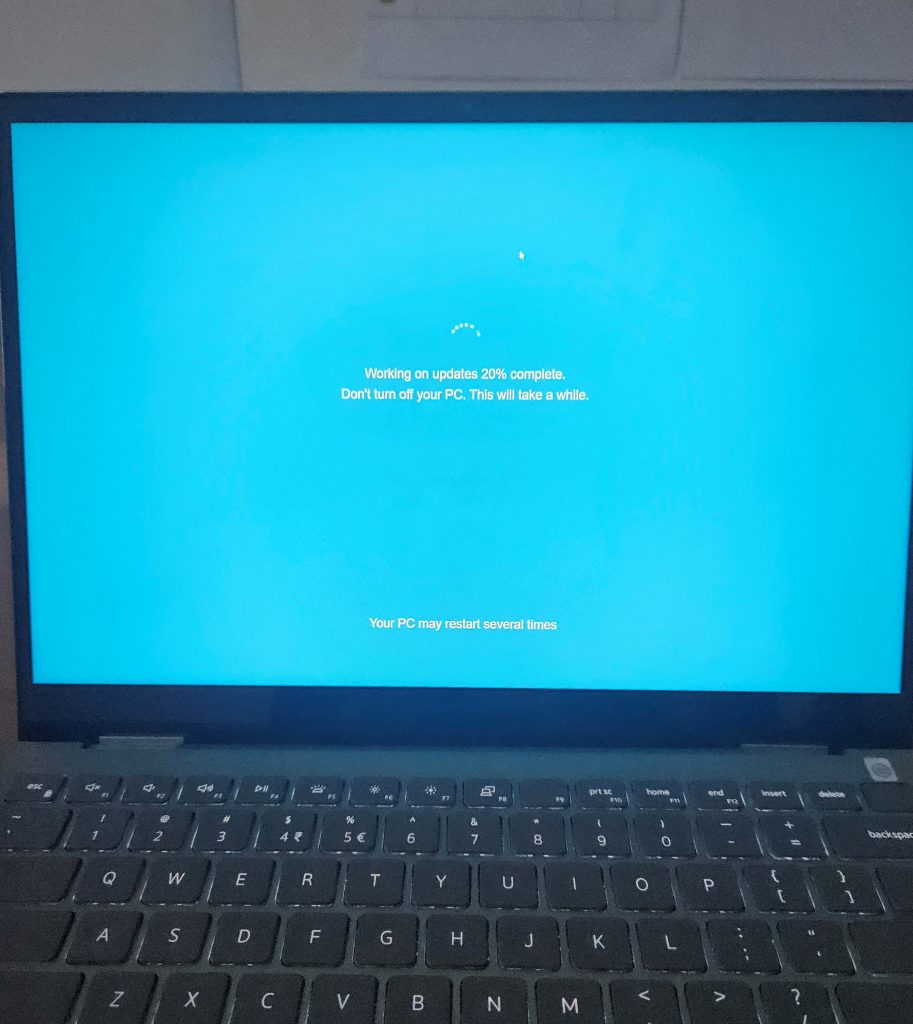Written by Geilan Nassir
Education is and has been progressing into different shapes and forms amongst students all over the world. Although face to face learning has always been the “traditional” way of education, online studying has become exceptionally and increasingly more common in the past five years, especially post Covid-19. However, like any educational method, online studying comes with its own pros and cons, so let me walk you through some good and not so bad things about studying online, coming from someone who has studied both online (distance) and on campus (internal)!

The Pros
Flexibility
On the bright side, studying online provides unimaginable flexibility. Meaning students can attend classes from anywhere with an internet connection, allowing them to balance and prioritise their studies, work or personal commitments. This also leads to a more of a personalised learning experience as students often study at their own pace, revisiting lecture recordings and material when needed. And to be precise, that is the main reason most people study remotely nowadays.
Accessibility

One thing about online studying is you can access everything. Students can access course materials from anywhere in the world, as long as they have the internet connection. This opens up opportunities for those who may not be able to attend the traditional on campus studying and who are unable to move for university.
Cost Effective
You won’t believe how cost-effective online studying is until you have lived it in comparison to on campus studying, as it reduces traditional expenses like commuting and accommodation. Many Australian universities offer lower tuition rates for online courses compared to on campus options, making quality education more accessible. There’s also a treasure trove of free resources and educational resources. Engaging with classmates and lecturers through lively online forums and online classes keeps things interactive and fun, all through a diverse environment and cost effective.
The Cons
Limited Interaction
However, the online world can sometimes feel a bit lonely. I believe for me (and I’m sure for many online students) limited interactions can be a great disadvantage! The lack of face-to-face interaction might leave you craving those casual conversations with other people. And let’s be honest, online learning demands a level of self-discipline that can be tough to maintain. One thing that keeps you worried is that online learning will feel isolating and therefore the fear of missing out on social aspects of attending classes in person, such as networking opportunities and group discussions.
Self-Discipline
As I have mentioned, self-discipline and motivation are hard to maintain, the structure and routine in a traditional classroom might keep students accountable; but in an online setting, it’s easy to get distracted and procrastinate. Without the physical presence of lecturers and classmates, some students may struggle to stay focused and motivated. In which can lead to missed deadlines and incomplete assignments. Additionally, the lack of immediate feedback from lecturers can make it harder to stay engaged and committed. So, while online studying offers endless flexibility, it also demands a high level of self-discipline to succeed.
Technical Barriers

One thing that is known about technology is that it can stop operating out of the blue. For instance, students may find themselves prepared for a zoom class only to experience a sudden internet outage, which can be quite frustrating. In addition, software glitches or compatibility problems can prevent access to important course materials, making it difficult to fully participate. Plus not all students have the same access to reliable technology, which can create disparities in the learning experience.
Online studying overall have some great pros despite some of the cons that can hinder effectiveness of it.
Charlie blog is a SSAF funded initiative.










